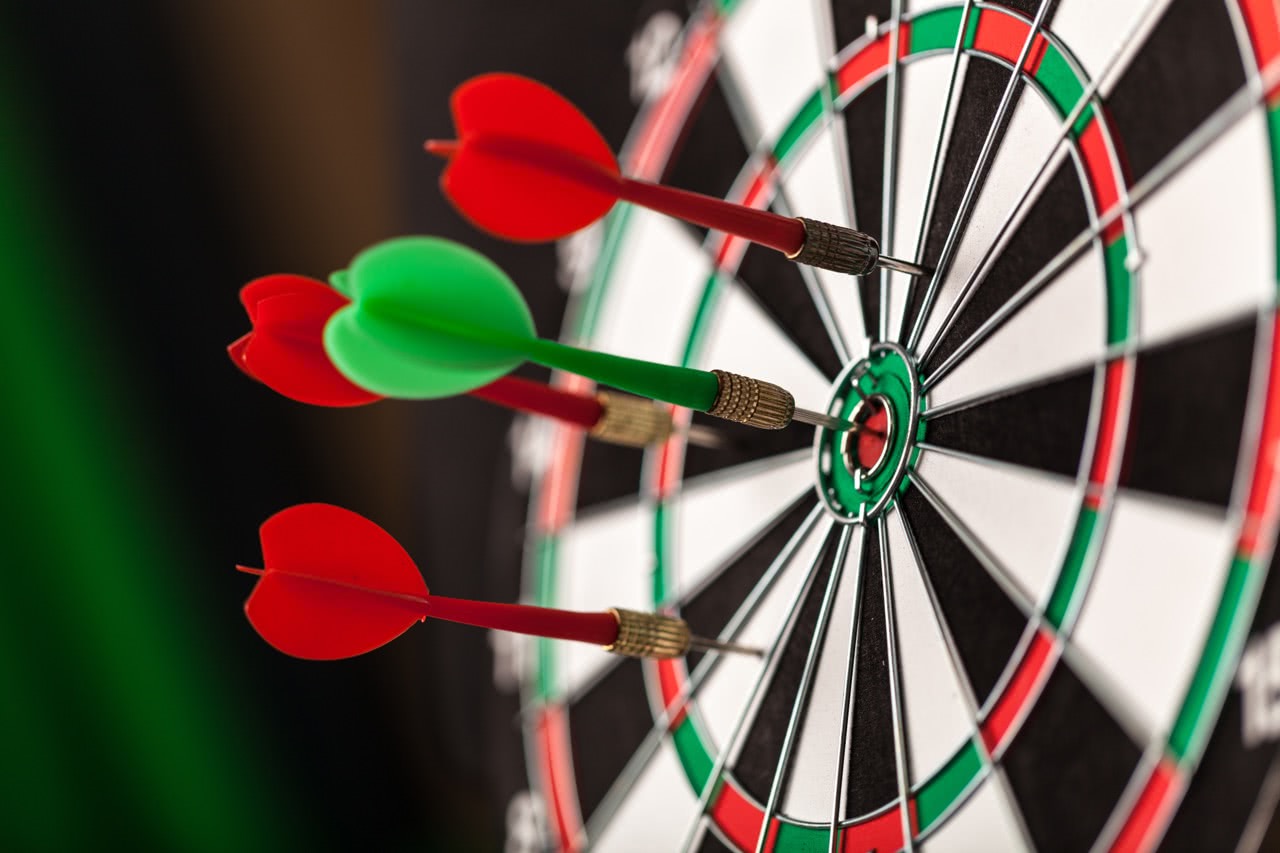Consider two spaceships. Both have cargo to deliver from Earth to Utopia Planitia on Mars.
Crew A has a very modern ship that uses very little fuel. They may get off to a late start or do a little sightseeing along the way, but they make 80% of their deliveries to Utopia Planitia as expected. Sometimes they deliver their cargo on the wrong side of the planet, and Receiving has to go find it. (Once, they dropped things off at Jupiter Station instead.)
Crew B has a ship that’s a little slower. Because its previous-generation propulsion system requires more fuel, they have less room for cargo on each run. But they’re highly reliable. Every delivery arrives at Utopia Planitia’s shipping and receiving dock on time. Like clockwork.
Both ships are working hard and are producing results. They also have very different problems which require different solutions.
Crew A is highly efficient, but not very effective at achieving their desired result. Crew B is highly effective, but they’re not as efficient as they could be.
Efficiency vs. effectiveness. These words are often used interchangeably in productivity conversations, but they’re quite distinct.
Efficiency is a measurement of how much energy or other resources we’re wasting as we work. Think of it as how much fuel you use per kilometer traveled. Effectiveness is how well you are achieving the desired outcome. Do you deliver your cargo to Utopia Planitia on time? Are you a day late? Do you arrive on time with only half of it? Do you deliver all of it, on time, to Jupiter Station?
We want to be as efficient as possible, maximizing results and minimizing costs. But efficiency is often the wrong place to start. Efficiency only matters if you’re already reasonably effective.
Improving the efficiency of crew A isn’t going to get cargo to Utopia Planitia any faster. They make good time and good use of resources already. What they need is training on how to be a more effective crew: knowing where your delivery is, taking pride in your work, how to work the guidance system, things like that. Give them a faster ship and they’ll make mistakes faster.
Crew B has their job down. You give them a faster ship, they’ll get more done with it. Give them the same pep talks and remedial training that you give to crew A, and they’ll patiently sit through it, counting the hours until they can get back to work.
Some days, we get stuck. We know we have things we should be working on. We’ve made plans and now it’s time to put those plans in motion. But instead of heading out there like a rocket, we spend our days going in circles. Anyone who’s tried to get up earlier knows the bed’s gravitational pull is strongest at 5:00 AM.
And some days, we’ve got our mental game together but we’re fighting against the laws of physics. We know exactly what needs to be done and want to fix the bottlenecks that are holding back our output.
First, work on improving your effectiveness. Make sure you’re delivering your cargo to the right place, on time. Once you know the job, then you can start to work on efficiency. If you optimize too soon, you might optimize the wrong thing.
Question: Do you need to improve your efficiency or effectiveness? Share your thoughts in the comments, on Twitter, LinkedIn, or Facebook.

